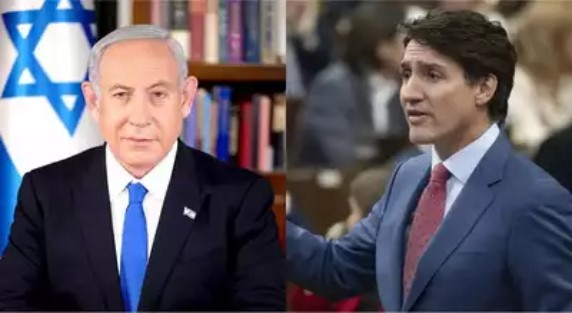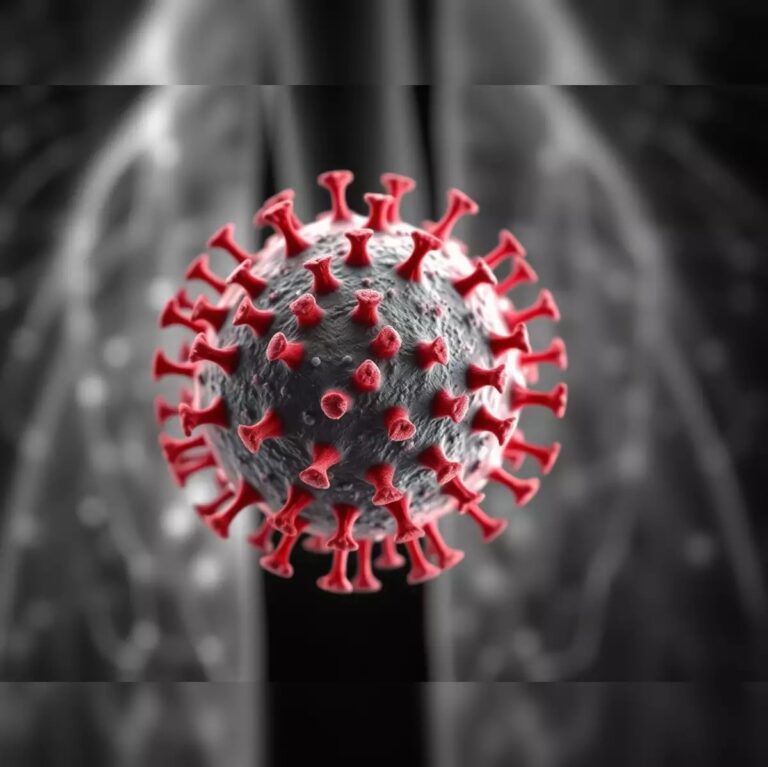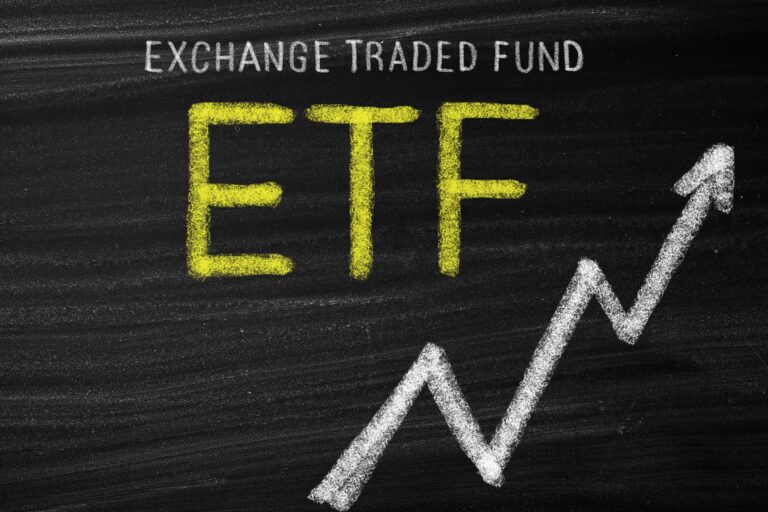
Table of Contents
Overview of the ICC Arrest Warrant
The International Criminal Court (ICC) has issued arrest warrants for Israeli Prime Minister Benjamin Netanyahu and former Defense Minister Yoav Gallant, citing allegations of crimes against humanity during the Israel-Hamas conflict. The warrants, stemming from events triggered by Hamas’s attack on October 7, 2023, also target Hamas military chief Mohammed Deif.
Reactions from Global Leaders
Prime Minister Justin Trudeau of Canada announced that Canada would comply with the ICC’s ruling, stating, “We stand up for international law.” Similarly, the UK confirmed its adherence to legal obligations but refrained from confirming hypothetical actions regarding Netanyahu’s potential arrest.
US President Joe Biden denounced the ICC’s move, calling it “outrageous” and reaffirming unwavering support for Israel, while Senator Bernie Sanders endorsed the decision, citing the importance of upholding international law.
Five Eyes Alliance: Diverging Opinions
The Five Eyes intelligence alliance, comprising the US, UK, Canada, Australia, and New Zealand, has showcased differing stances. While the UK and Canada agreed to abide by the ICC’s decision, the US has strongly opposed it.
Other countries like Belgium, France, and Norway expressed support for the ICC’s decision, highlighting the polarizing nature of the case.
The ICC’s Impact on International Law
This arrest warrant underscores the role of the ICC in enforcing international law but also raises questions about jurisdiction and the balance of power in global diplomacy. Nations opposing the decision, such as Hungary and Argentina, argue that such actions could deepen geopolitical tensions.
Countries Supporting and Opposing the Decision
Supporters: Belgium, the European Union, Norway, South Africa, and Turkey.
Opponents: Argentina, Austria, Hungary, and the United States.
This division highlights the challenges the ICC faces in gaining universal acceptance for its rulings.
The ICC arrest warrant for Netanyahu has sparked varied responses worldwide, reflecting a complex intersection of law, politics, and diplomacy. The situation remains a focal point for discussions on international justice and geopolitical alliances.
For a more in-depth analysis, visit credible resources like Al Jazeera and BBC News.




